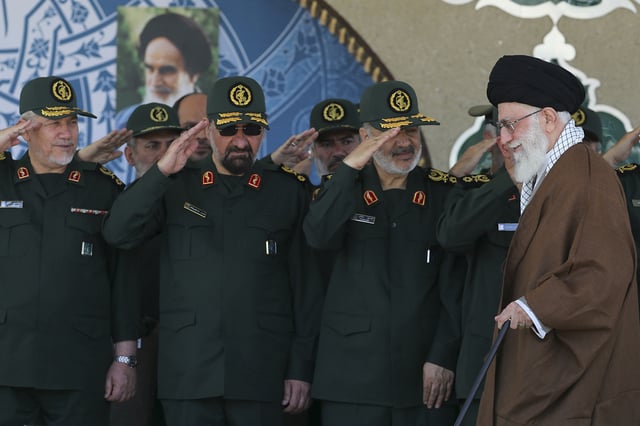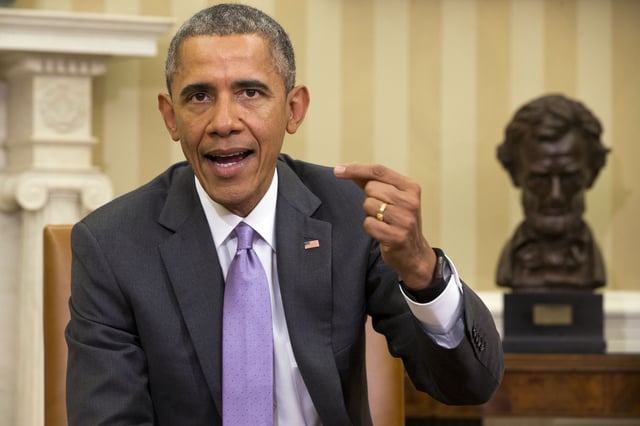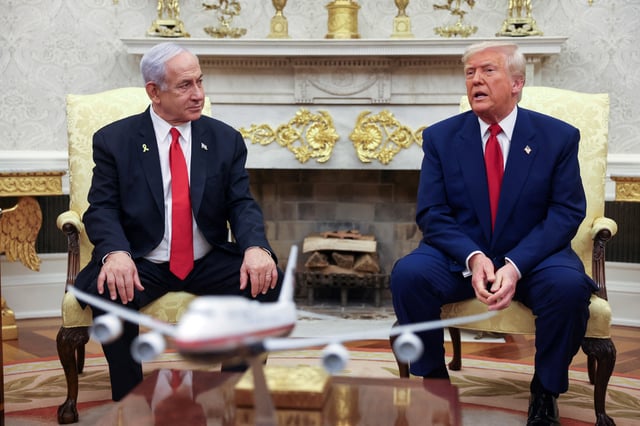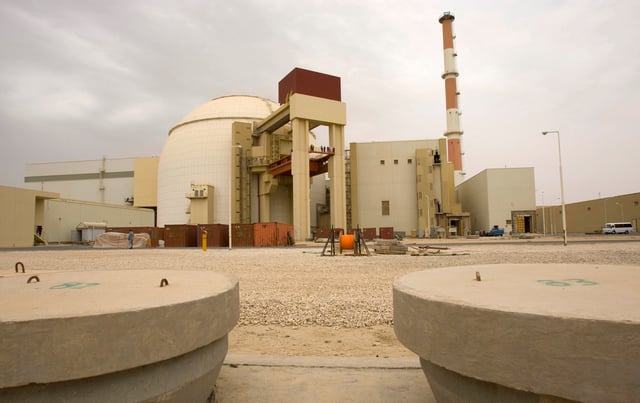Overview
- The fourth round of U.S.-Iran nuclear talks, initially set for Rome, has been delayed, with no new date confirmed, due to logistical issues and heightened U.S. sanctions.
- President Trump warned that any country or individual purchasing Iranian oil or petrochemical products will face immediate sanctions, further straining diplomatic efforts.
- Iranian officials have criticized the U.S. for what they describe as contradictory behavior, accusing Trump of destabilizing international order and undermining trust in the negotiation process.
- The U.S. has increased its military presence in the Middle East, deploying bombers, aircraft carriers, and air defense systems, signaling a readiness to escalate pressure on Tehran.
- Israeli Prime Minister Netanyahu, despite viewing Iran’s nuclear ambitions as an existential threat, remains restrained in publicly opposing U.S. diplomacy to maintain strong ties with President Trump.



